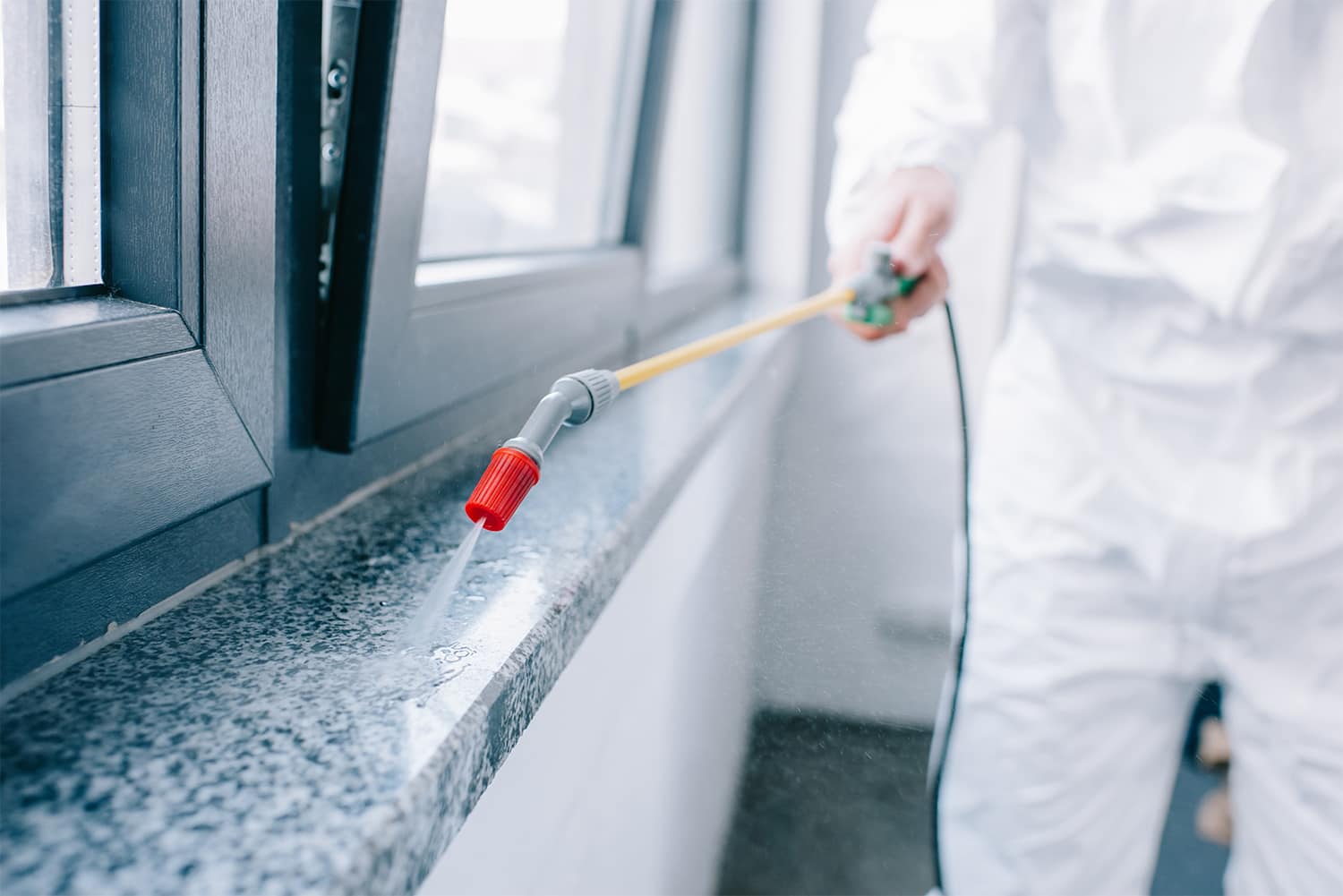Specialist Pest Control Auckland: Trusted Services for Your Peace of Mind
Specialist Pest Control Auckland: Trusted Services for Your Peace of Mind
Blog Article
Recognizing Different Types of Parasite Control Approaches and Their Performance
When thinking about pest control techniques, it is important to recognize the diverse techniques available and their differing degrees of efficiency. By discovering the nuances of these bug control methods, an extensive understanding of how to deal with parasite issues can be developed.
Chemical Parasite Control Methods
Chemical bug control approaches play an essential role in properly taking care of and eliminating pest problems in numerous environments. These techniques entail making use of chemical substances to remove or discourage bugs such as rodents, bugs, and weeds. One of the key benefits of chemical parasite control is its capacity to give fast and targeted options to pest problems. By using particular chemicals that are developed to target specific pests, this approach can help prevent damage to crops, frameworks, and human wellness.
Nevertheless, it is crucial to think about the prospective risks and downsides related to chemical insect control techniques. Overreliance on chemicals can result in the advancement of pesticide resistance in pests, making them harder to regulate in the future. Additionally, using particular chemicals can have dangerous impacts on non-target microorganisms, the environment, and human wellness if not applied appropriately.

Organic Pest Control Methods
Making use of natural killers and virus to handle pest populaces properly, organic bug control approaches offer a lasting and eco-friendly approach to pest management. By advertising the task or introducing of organisms that naturally take advantage of or contaminate bugs, such as ladybugs for aphid control or certain microorganisms for caterpillar infestations, organic control can help maintain bug populations at convenient degrees without the demand for synthetic chemicals. This technique is specifically beneficial for chemical-free farming methods, as it prevents the usage of possibly hazardous materials while preserving crop health and wellness.

Physical Insect Control Techniques
While biological insect control methods concentrate on harnessing natural killers and microorganisms, physical insect control methods use physical and mechanical barriers to manage parasite populations. These approaches are often considered ecologically friendly as they reduce making use of chemicals. Physical bug control includes techniques such as capturing, utilizing barriers like displays or nets, and literally eliminating pests from the location.
Traps are generally utilized in physical parasite control to catch and eliminate bugs like rodents and bugs. These traps can be baited with food or scents to attract the image source bugs, leading them to an included location where they can be easily taken care of. One more physical approach is using barriers such as screens, nets, or fences to avoid pests from getting in or infesting certain areas. Installing great mesh displays on home windows can help keep out flies and mosquitoes. Pest Control Auckland.
Natural Parasite Control Approaches
Including all-natural killers and plant-based repellents is a vital approach in applying reliable all-natural pest control approaches. By encouraging the visibility of advantageous insects like ladybugs, lacewings, or predatory mites, gardeners can naturally regulate pest populaces. These predators feed upon usual garden pests such as aphids, caterpillars, and mites, helping to keep a well balanced environment without the need for chemical interventions.

Additionally, carrying out social techniques such as plant turning, companion growing, and maintaining proper plant wellness can likewise boost the effectiveness of natural pest control techniques. These techniques not only help in preventing bug invasions yet also advertise biodiversity and total environment resilience. By incorporating these natural techniques, individuals can properly handle parasites while minimizing ecological effect.
Integrated Bug Management (IPM) Approach
Executing an Integrated Pest Administration (IPM) strategy is important for successfully controlling pest populations while lessening dependence on chemical pesticides. IPM is a lasting and extensive strategy that integrates different parasite control approaches to accomplish long-term services. This approach concentrates on prevention, tracking, and control to deal with parasite concerns in an eco pleasant index fashion.
IPM incorporates organic, social, physical, and mechanical strategies with the minimal and calculated use pesticides when required. By highlighting proactive steps such as habitat modification, biological control, and exemption, IPM aims to reduce pest populaces and their effect on the community. Regular surveillance is crucial in IPM to evaluate insect levels properly and figure out one of the most proper control techniques.
One of the vital benefits of IPM is its capacity to decrease the dangers related to excessive chemical usage, such as ecological contamination and damage to non-target organisms. Additionally, IPM advertises an extra all natural method to pest monitoring by taking into consideration the overall community characteristics. Generally, the IPM strategy supplies a sustainable and reliable service for insect control while advertising environmental responsibility.
Final Thought
In final thought, recognizing the various types of parasite control methods and their effectiveness is vital in properly taking care of pest infestations. Integrated Insect Administration (IPM) technique, which integrates various approaches for sustainable insect control, is progressively being acknowledged as a environmentally friendly and holistic solution.
Chemical parasite control approaches play a crucial duty in successfully taking care of and getting rid of pest invasions in different atmospheres.Utilizing natural killers and virus to manage insect populations properly, organic bug control techniques offer a lasting and environmentally friendly approach to pest monitoring. By presenting or promoting the activity of microorganisms that naturally prey on or contaminate parasites, such as ladybugs for aphid control or specific microorganisms for caterpillar invasions, biological control can aid preserve parasite populations at workable levels without the demand for synthetic chemicals.While organic bug control methods concentrate on taking advantage of natural killers and microorganisms, physical pest control techniques use mechanical and physical obstacles to manage bug populations. Integrated Insect Monitoring (IPM) technique, which integrates numerous techniques for my review here lasting insect control, is increasingly being acknowledged as a ecologically friendly and all natural option.
Report this page